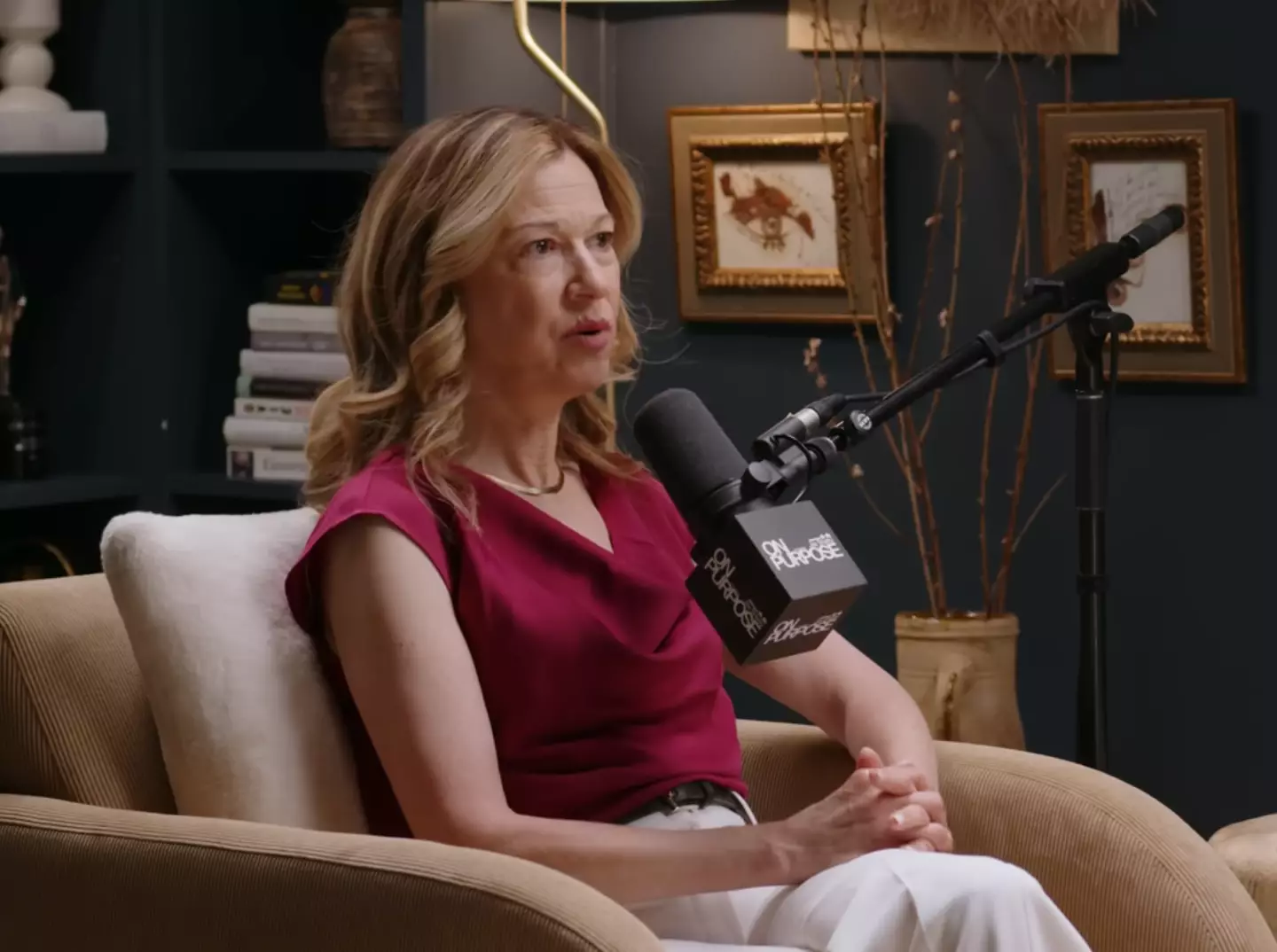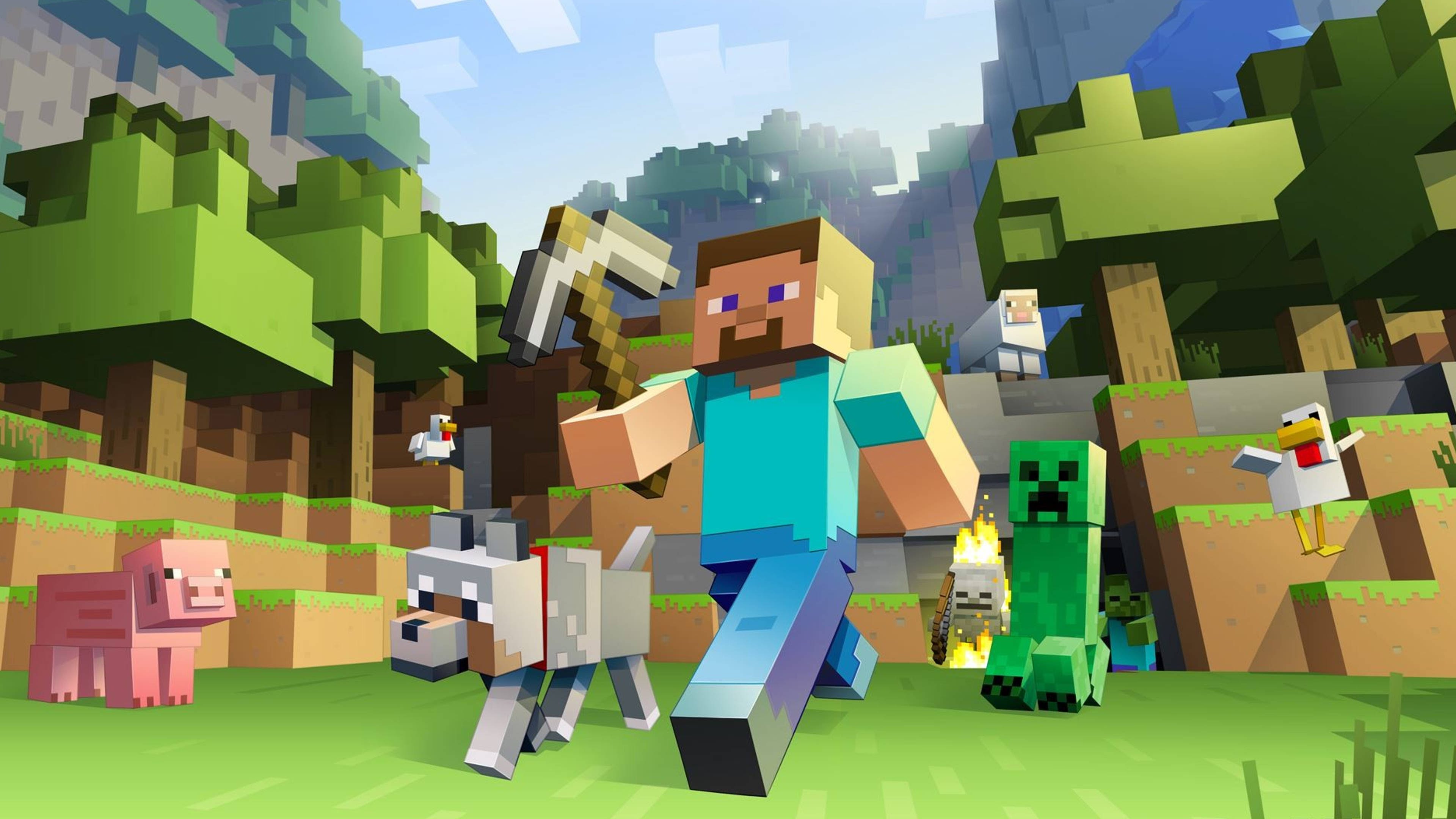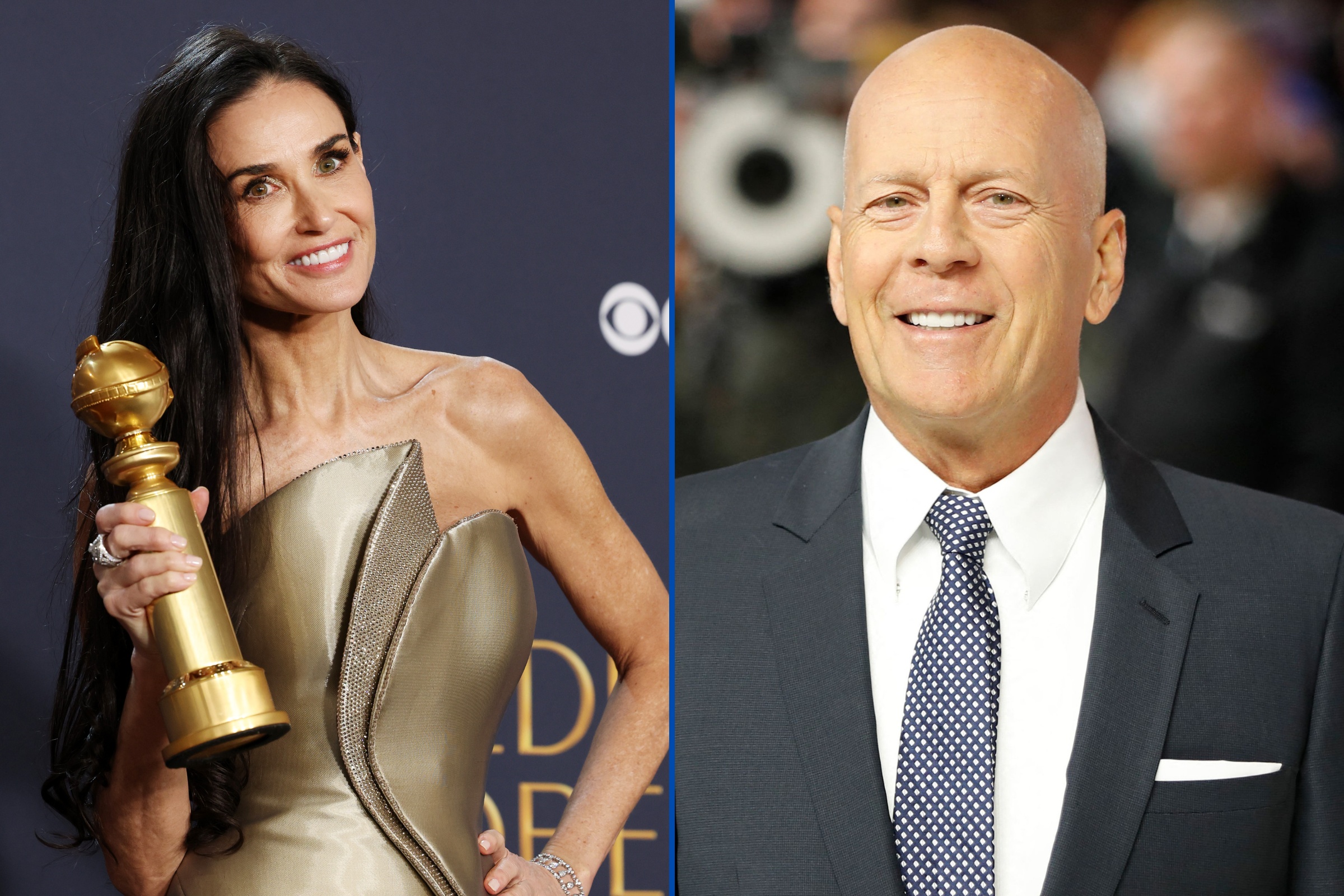Sorry to bother those of you in a relationship, but statistically speaking it's probably not going to last.
Lots of marriages can end in divorce, many relationships may break up before they even get to tying the knot and a Happy New Year to you too as well.
Commonly perceived times for long-term relationships to come to an end are between five and seven years, so the couple has navigated the early stages of getting together but won't see out the decade.
There are even terms for it, the 'five year fizzle' where the spark seems to depart the relationship and the 'seven year itch', which became so well known that it ended up being the title of a Marilyn Monroe movie.
.jpg)
Sometimes romantic relationships come to an end (Getty stock images)
Studies on the breakup of marriage have actually found that the median time for a divorce to come is after seven years, though the mode (an arguably better representative of the average) pins it to around four years.
Some more recent studies have even suggested it could be shorter, with one conducted in 2023 concluding that the average romantic relationship can last around 17 months - just shy of a year.
So what's going on with all of this?
That was the question put to therapist Lori Gottlieb when she appeared on The Jay Shetty Podcast last month to talk about to talk about relationship issues.
She was asked about the 'five to seven year mark' for breakups and divorces and gave her verdict on what happens in relationships to bring them to an end at this point.

Therapist Lori Gottlieb explained why many relationships fail either at five or seven years. (YouTube/TheJayShettyPodcast)
She said: "What I see happen around that time is several things are happening. There's a developmental change that happens throughout a marriage, you both become different people and the relationship becomes different, you adapt together.
"Those are the strong marriages and the strong relationships. Different things happen, first of all, I think sometimes people don't know each other well before they get married.
"Then they're married and they're like a year in and they think 'oh, this isn't exactly what I wanted but I'm in it, I'm married', and then they say 'let's have a baby'.
"That's the next step, now that's really hard. Parenting is really challenging and if you and your partner are not already on solid ground it's gonna be extra challenging.
"So then you think 'oh my partner's the problem' when actually the relationship is the problem. So many times people come into couple's therapy and the first thing they say is 'let me tell you everything that's wrong with my partner'."
When she had couples coming into therapy, she asked them to imagine their 'best selves' in the relationship and then explain what they'd need to do to be that, which has them focused on what they can do instead of how their partner is supposed to change.
"I think around five years either they realise 'I didn't know enough about this person' or 'I still have work to do' or other things have come into your lives," the therapist explained, adding that she talked through parents getting sick and couples having children as an example of things they'd have difficulty navigating together.
Gottlieb also said that many couples that were struggling decided to have a baby because of the 'sunk costs fallacy' and it was a big mistake to bring a child into a family that wasn't working, which could turn into 'the pain Olympics' of each person throwing how much they went through each day at their partner.

















:quality(85):upscale()/2024/04/24/878/n/3019466/36c5693c662965c5d1ce91.72473705_.jpg)


 English (US) ·
English (US) ·